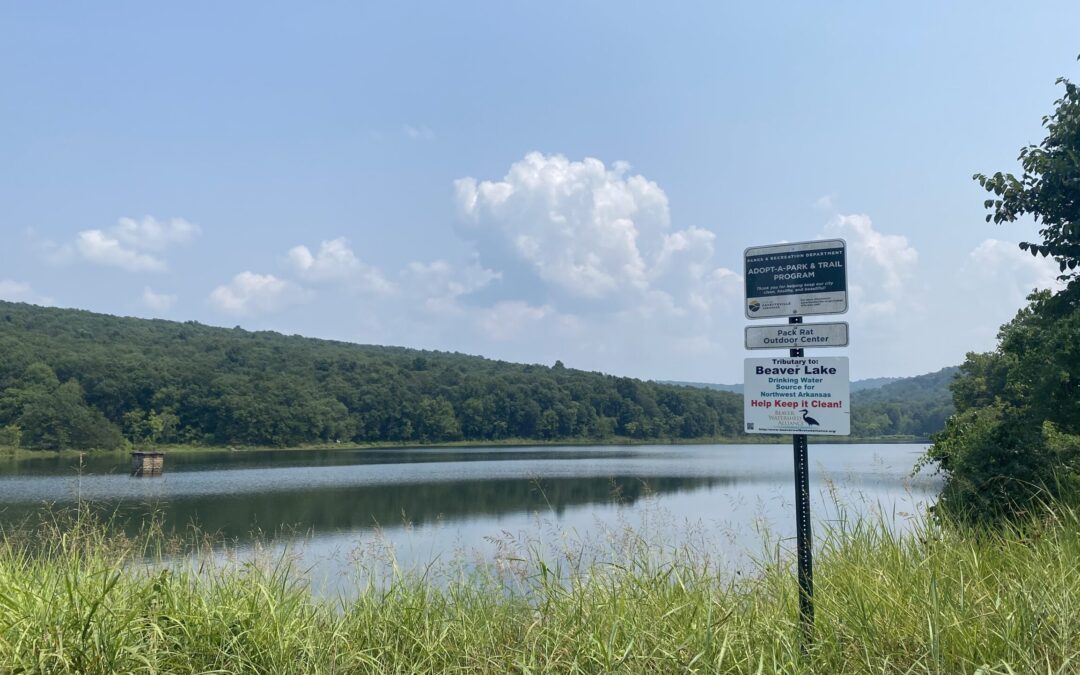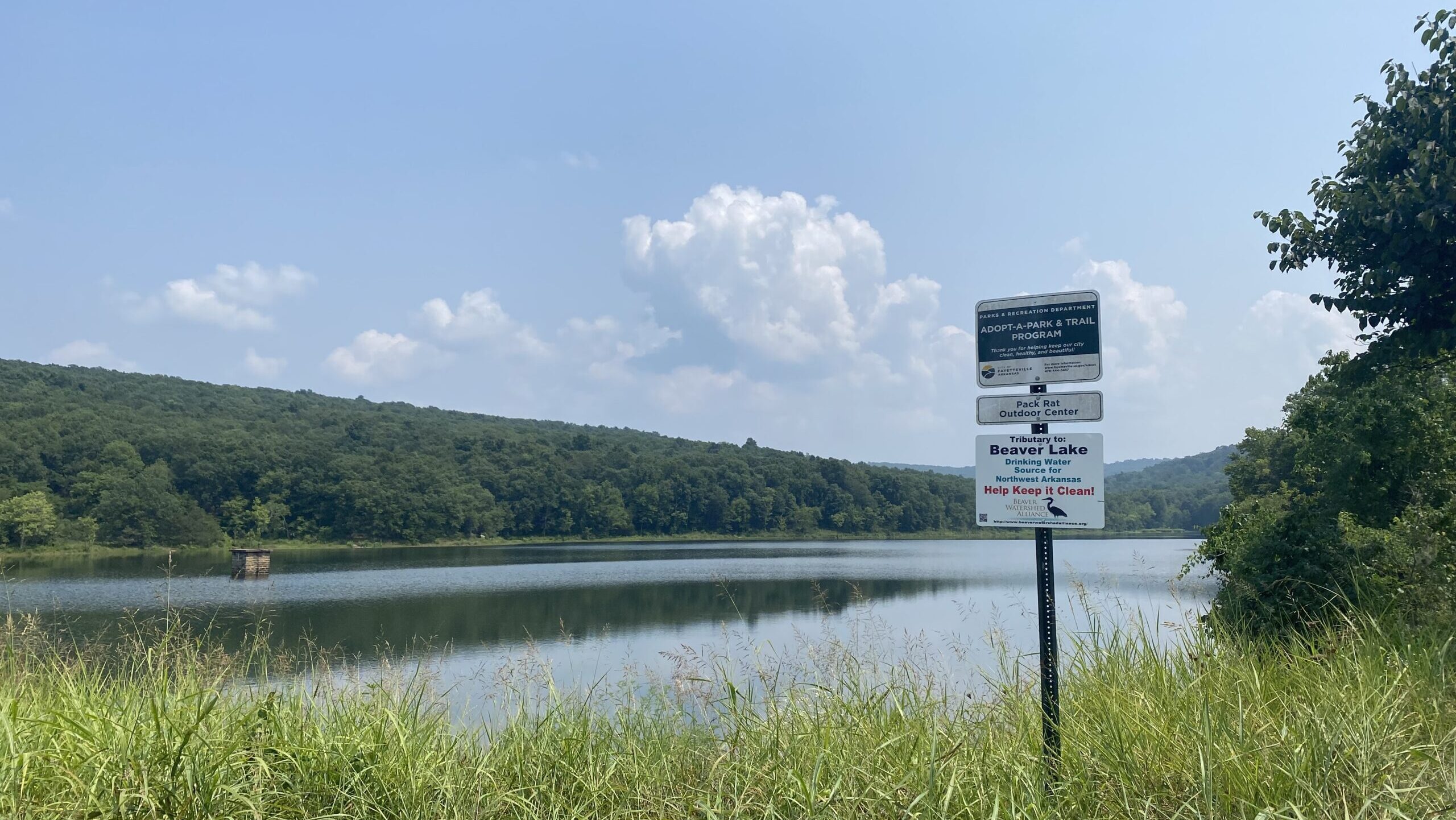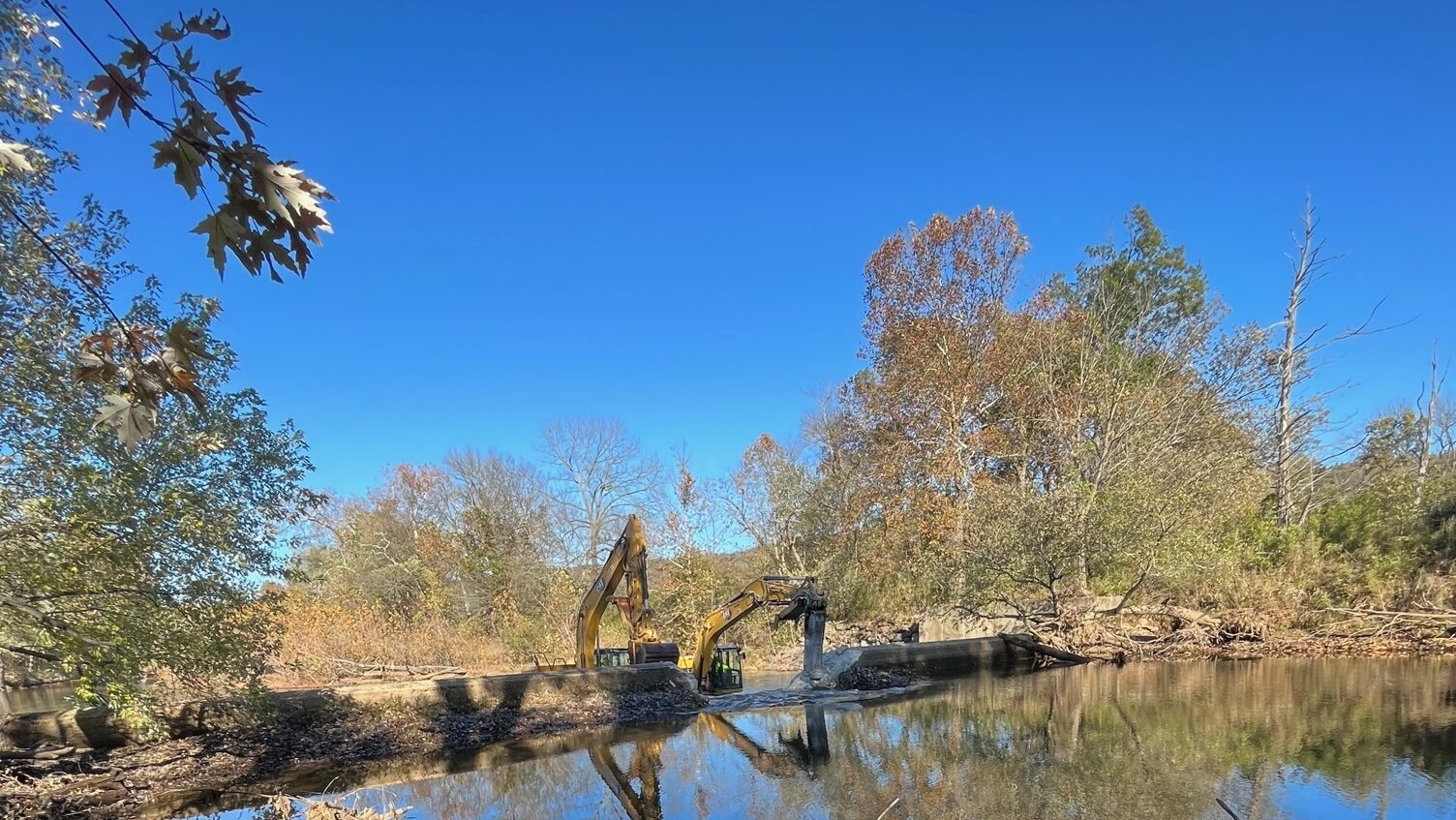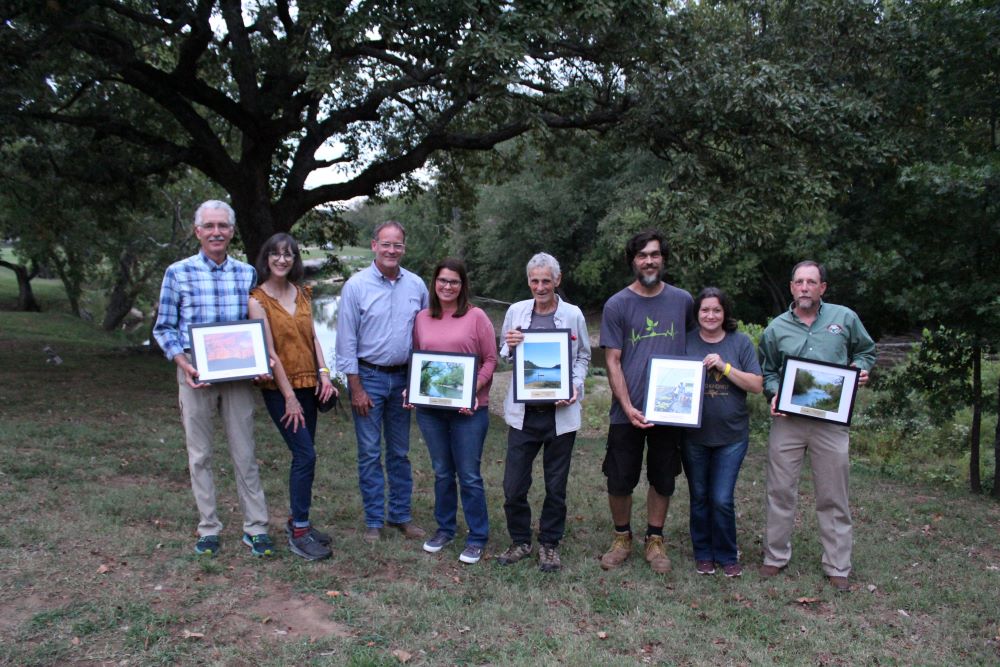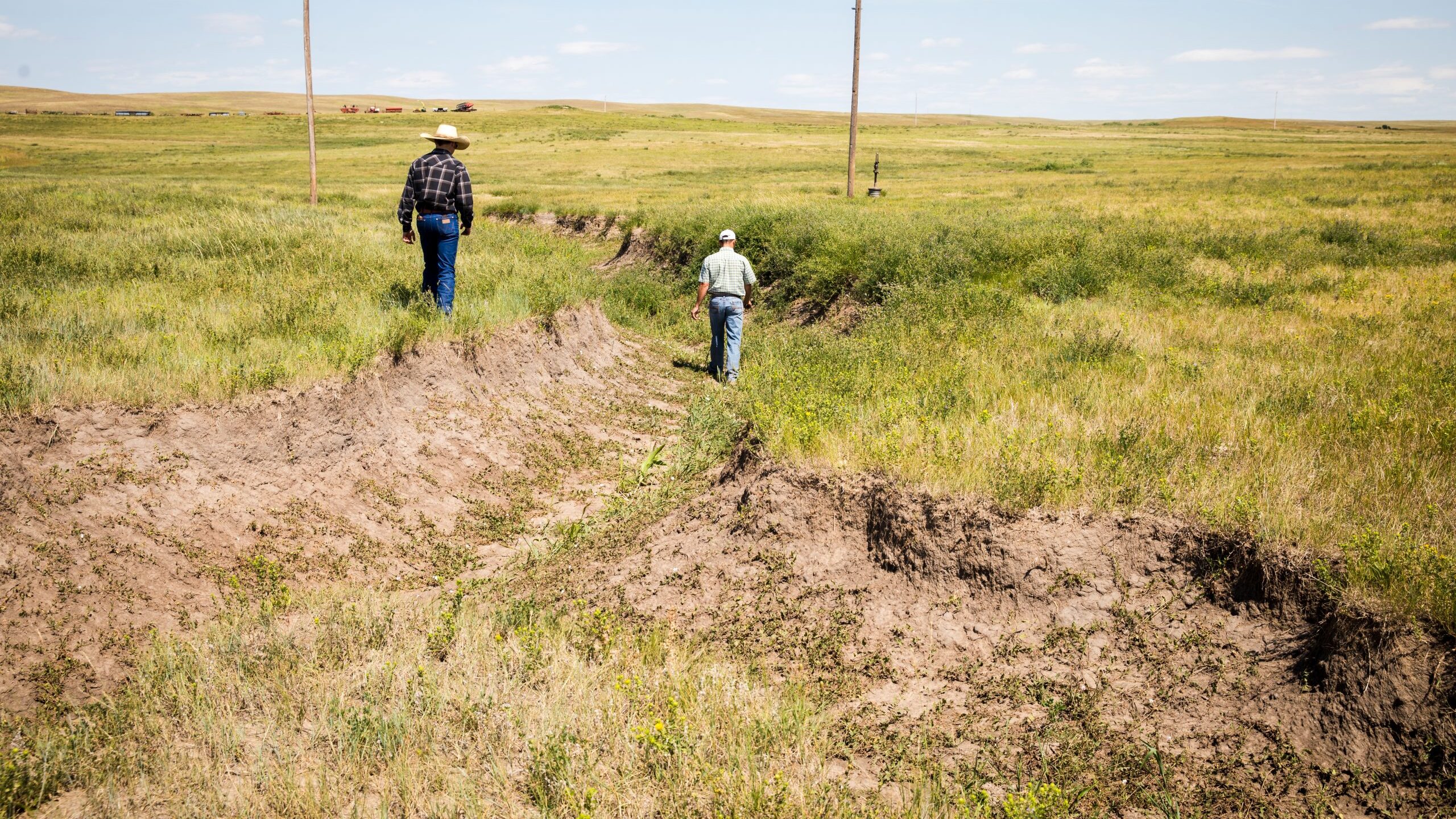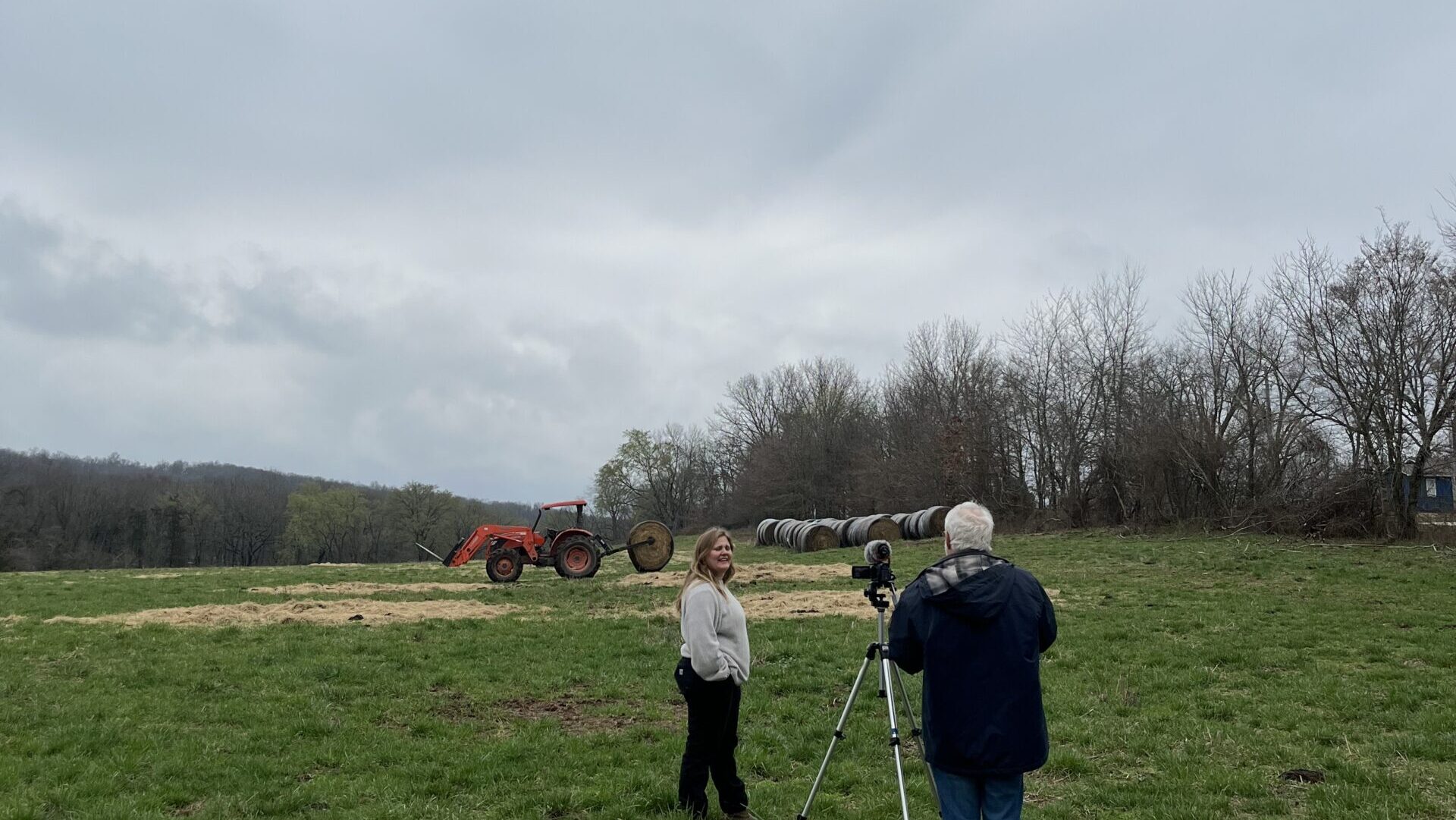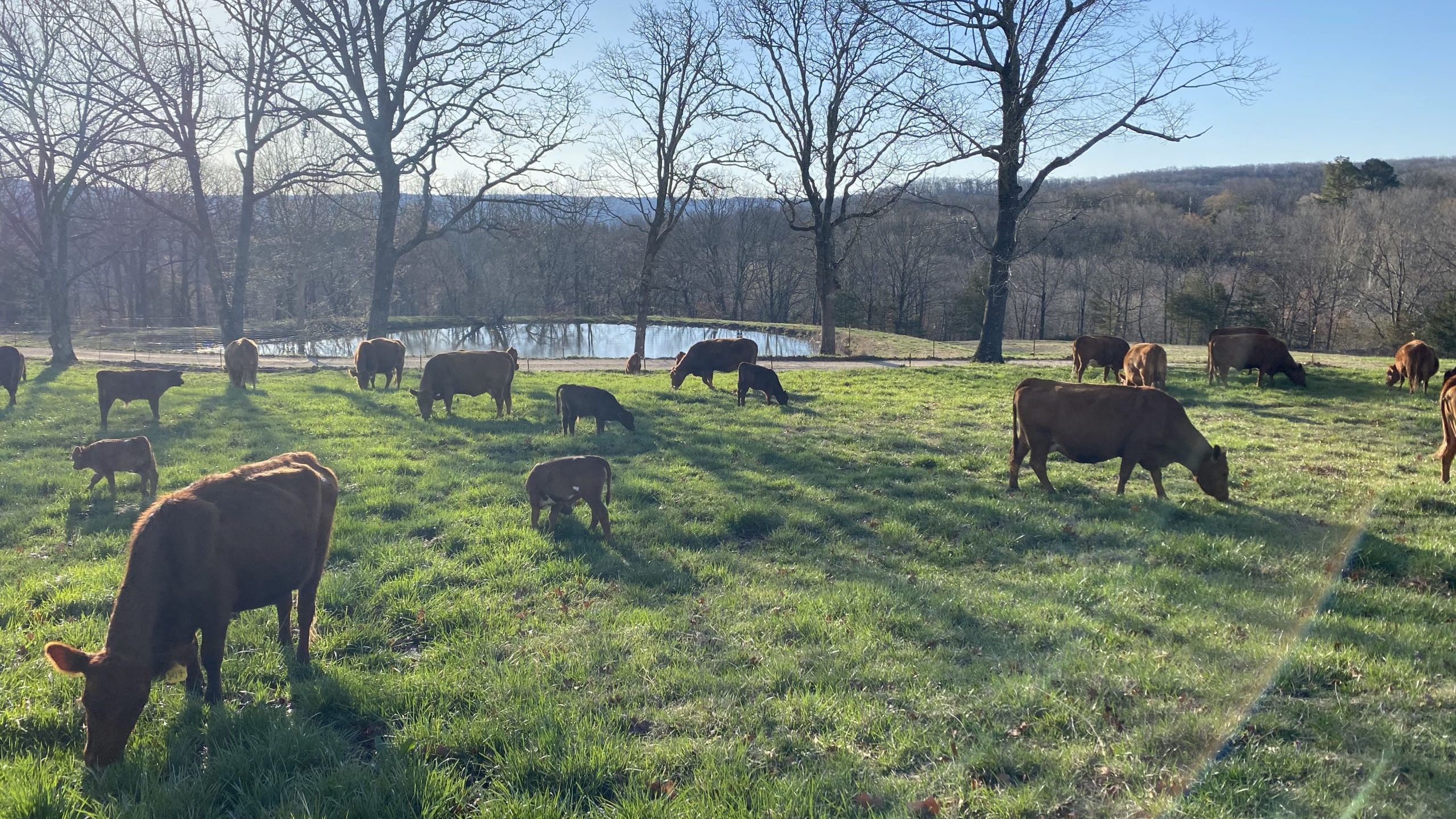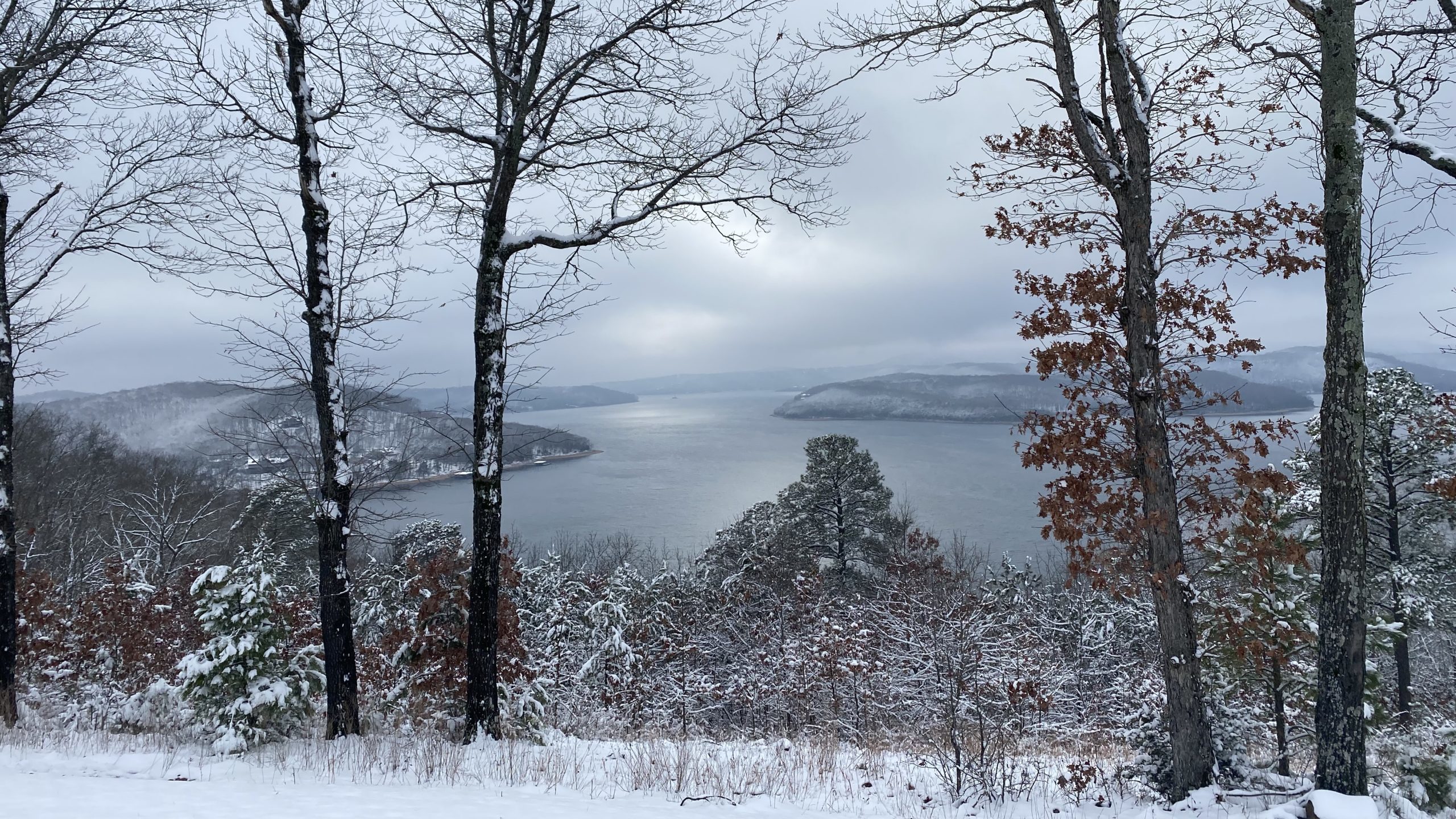 Source water protection is essential as Northwest Arkansas experiences exponential growth. Best management practices (BMPs) like no-mow zones are an easy way for any resident, developer, or city to help make a positive impact on the water quality of Beaver Lake, the drinking source for 1 in 6 Arkansans. No-mow zones, or low-mow zones, are designated areas that are left un-mowed, or only mowed a few times per year. These zones are best suited for areas along creeks and streams, drainage ways, and adjacent areas between sub-divisions and waterways. These areas allow space for water collection, infiltration, and reduce sediment and nutrients in water runoff. They are also great places for pollinator-friendly landscaping and create habitat for birds, butterflies, and Ozark native plants.
Source water protection is essential as Northwest Arkansas experiences exponential growth. Best management practices (BMPs) like no-mow zones are an easy way for any resident, developer, or city to help make a positive impact on the water quality of Beaver Lake, the drinking source for 1 in 6 Arkansans. No-mow zones, or low-mow zones, are designated areas that are left un-mowed, or only mowed a few times per year. These zones are best suited for areas along creeks and streams, drainage ways, and adjacent areas between sub-divisions and waterways. These areas allow space for water collection, infiltration, and reduce sediment and nutrients in water runoff. They are also great places for pollinator-friendly landscaping and create habitat for birds, butterflies, and Ozark native plants.
Benefits:
- Improved stream health and riverbank stability- Native plants have deep root systems that hold soil in place and filter pollutants before they reach waterways.
- Saves money long term- Save money on hours of labor needed for maintenance, the expense of fuel, less watering, no fertilizer needed
- Reduce impact from flooding- Deep root systems and buffer areas of native plants help absorb and slow sheet runoff from storm events, and can significantly decrease negative impacts that occur from flooding
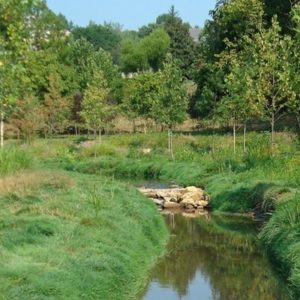
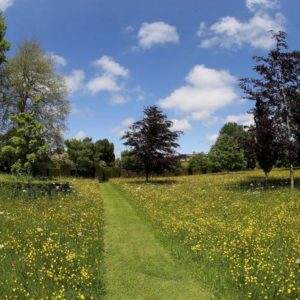
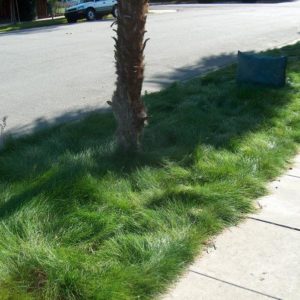
- Education- When establishing a no-mow zone, you may get questions about “lack of mowing”. Installing educational signage can alleviate this concern and help people understand why this is a positive landscape feature. No-mow signage can also inform maintenance workers where to stop mowing, which helps to increase the success rate. The Alliance can help provide educational signage for no-mow zones!
- Weeds & Invasives- During the early transitional stages of establishing a no-mow zone, weeds and invasive plants can take advantage of the disturbed site. Maintenance plans should include removal methods such as hand pulling and cutting to provide the required control. Eventually, the transition will lead to a more diverse and stable collection of plants and weeds will be reduced.
- Litter- If your no-mow zone is in or adjacent to a heavily used area, litter can become trapped in the taller grass. This can be a great barrier to keeping trash out of our waterways, which often leads to Beaver Lake, the source of Northwest Arkansas’ drinking water. In some areas, maintenance may include the removal of litter from time to time.



